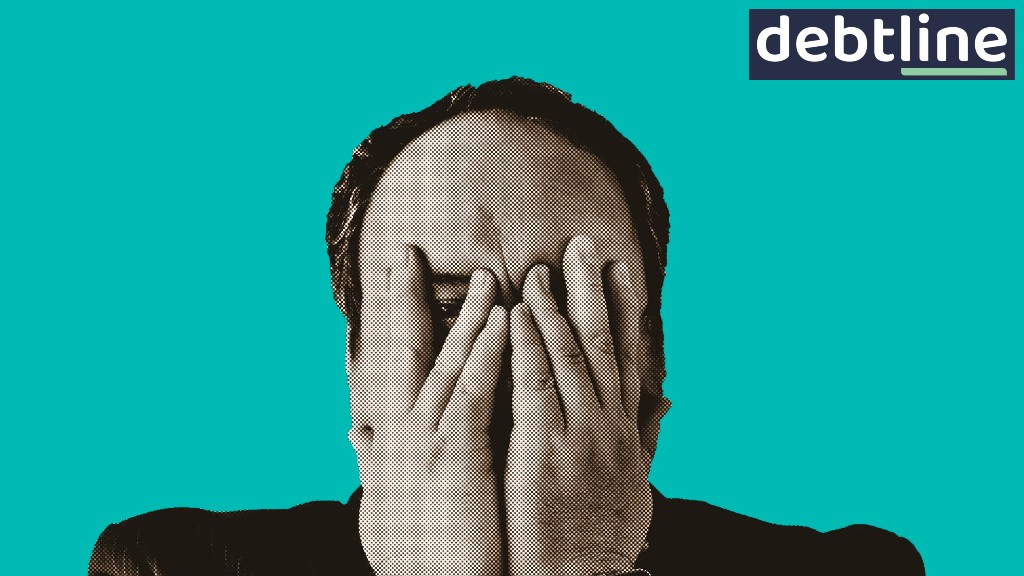The Reality of Death and Debt in South Africa

Debt and death are two of the most serious subjects in the world, but unfortunately, they are both a reality. Whether you’re wealthy or struggling from paycheck to paycheck, dealing with over indebtedness is a real issue for many in South Africa.
You may think that when you pass away, your debt leaves with you. However, just like wealth, you can’t take it with you, and it doesn’t disappear. It simply becomes someone else’s issue.
What Happens To Your Debt if You Pass Away in South Africa?
If you’re a South African citizen who has accumulated any amount of debt, there are a few facts you need to understand about what happens should you suddenly pass away.
Read: How Can Debt Affect Your Life and Your Health?
Unlike in many other countries, your debt will not pass to your family or next of kin when you die. Unless someone in your family has co-signed a loan with you or has a legal holding on your bank accounts and credit cards, the debt will not automatically be theirs to deal with.
However, this changes when a couple is married in community of property.
When you marry in community of property, it means that you share everything with your partner. Wealth, assets, debt, liabilities and everything in between. It’s an equal partnership where you and your spouse carry both the benefits and downsides of each other until death or divorce.
Read: Debt and Your Relationship
Unfortunately, this means that when one partner dies, all of the debts are passed to the other spouse to deal with in one way or another.
Dealing with Estates and Debt
When a South African citizen passes away, everything you own, including homes, cars, investments, and belongings, all become part of an estate. Whatever you have left will then fall under executorship.
Because of this, it’s important to have a will in place, as well as life insurance and trusts. Life insurance and trusts can cover your family member or spouse and help them navigate any remaining debt that is outstanding in your name.
It’s also important to name an executor of your estate, someone you trust who can handle the tasks and details of dealing with your money and assets. An executor will complete the following after your passing:
- Your will must be verified to ensure that it is authentic and truly what you wanted before you passed away.
- Any outstanding debts and taxes are paid, including the filing of your final tax return.
- Secured debt (such as home and car loans) will need to be verified. If the creditor requests instant fulfilment of those debts, the assets may need to be sold.
- Unsecured debts (such as credit cards and loans) will be paid off from any money in the estate. However, if those debts have insurance policies that pay out on your death, they will be covered.
- The remaining assets can then be distributed among family and friends as the will allows.
Read: How Debt Can Impact Your Loved Ones
If your debt outweighs what is in your estate, you can be declared insolvent. This means that your entire estate will be used to pay off outstanding debt that did not have life insurance policies attached to them.
Any remaining debt outside of that will fall to your spouse or be written off should a spouse not be available.
Let Debtline Save the Day
It’s a reality that dealing with lots of debt can affect your health. The stress of finding ways to make ends meet while constantly fighting anxiety and debt collectors can take its toll. It’s for this reason (and many others) that you should learn to tackle debt before it becomes a problem.
If you want to make sure that debt doesn’t take over your life (and your death), let Debtline help you find a solution. We offer tailor-made solutions that will help you navigate your debt without any stress.
Let our trusted and trained NCR-registered debt counsellors assess your needs, formulate a plan that works for you, and be your guide to being debt-free in South Africa.